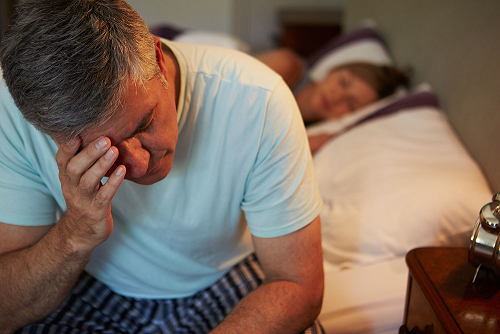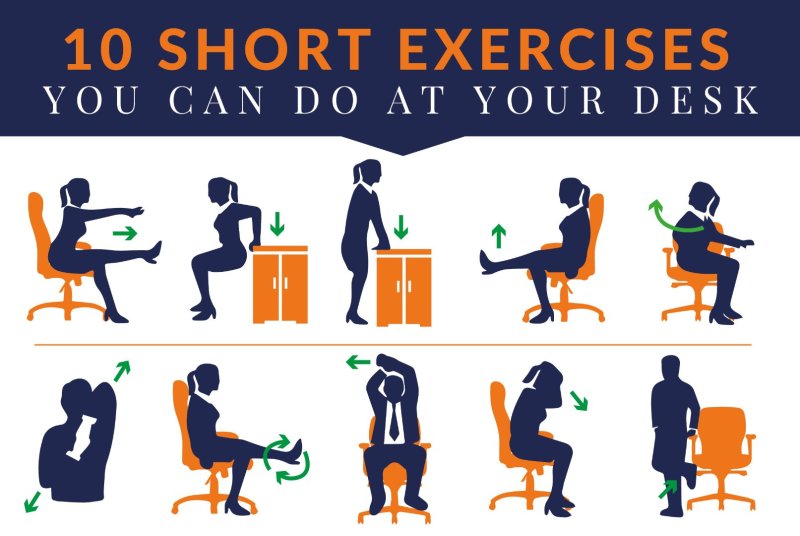REGENCY NEWS

Could there be a natural remedy?
Destressing is easier said than done. We all know we should try to relax, banish our smartphones and tablets from the bedroom, turn off the lights, break open the aromatherapy oils or indulge in some meditation or any other form of ‘me time’… but what if none of this works?
The answer to this is exercise. Thirty minutes of aerobic exercise 3 days a week should be the minimum. What you choose to do doesn’t matter – go dancing, running, biking, swimming and anything else that gets your pulse racing and the oxygen flowing through your body.
If you don’t like exercise, it’s time to think again, as quite simply it is the answer to most problems: Are you overweight? Exercise. Are you sad? Exercise. Would you like to stay young and nimble? Exercise. Now you can add to this…Are you having trouble sleeping? Exercise.
Research published by the Harvard Medical School recommends 30-60 minutes a day, 4 times a week. Here’s the science behind why exercise helps you sleep:
It’s about light and body temperature
Exercise raises your body temperature and when you stop exercising, your temperature drops again. This temperature drop is supposed to promote sleep. Maybe this is why a hot bath helps too.
But there’s another element that plays a role – light. Exercising outdoors in the daytime is helpful in training your brain to recognise the difference between your desired “awake state” – when your temperature is high and the sun is shining on you, versus the “sleep state”, when your temperature has fallen and you are indoors, with the lights off. Campers often experience a refreshing deep sleep when they allow their sleep patterns to be governed by the light of the sun.
It’s also about stress and anxiety
If you are lying in bed, worrying and thinking the worst, your body is in a “fight or flight” response. That physical state is powered by adrenaline and cortisol in your body, stress hormones secreted by your adrenal glands, so you can be awake and ready for action.
Adrenaline speeds up your heart rate and gives you extra energy. Cortisol fuels your body by promoting the release of sugar into your blood. If meditation isn’t helping dissolve those hormones, your best bet is…exercise. Not only does exercise reduce adrenaline and cortisol, it releases dopamine, a hormone that makes you happy.
It’s what your body demands, to heal itself
Exercise improves the quality of your sleep, allowing you to spend more time in deep sleep, the “delta stage”. This is the most restorative stage of sleep, when your heartbeat and breathing slow to their lowest levels, your muscles relax and your brain waves move even more slowly. This is the dreamless sleep state that occurs in the first half of your night.
During the “delta phase”, human growth hormone is released, which is necessary for the repair of cells. You need deep sleep in order to clear your brain for learning the next day. If you don’t get enough deep sleep, your desire to go to sleep in the day will be virtually irresistible.
See Results in 16 Weeks
OK, so you’re on-board with the exercise theory, now it’s time to manage your expectations. Progress maybe slow, because when you’re missing deep sleep the last thing you want to do is exercise! However, one study of insomniacs indicates that if you start exercising today, you can expect to sleep an extra 1.25 hours within 16 weeks.
Feel altogether better
If you can get into the habit of exercising regularly, not only will you sleep better, you will feel a significant drop in your stress levels and a boost in your mood. The stress hormones – adrenaline and cortisol – will be reduced and the happy hormones - dopamine and serotonin – will pulse through your body instead. You will be well on your way to performing better all day, so you’ll be well and truly tired at night and can enjoy the deepest, most restorative sleep ever.
Go on, it will be worth it, we promise.


